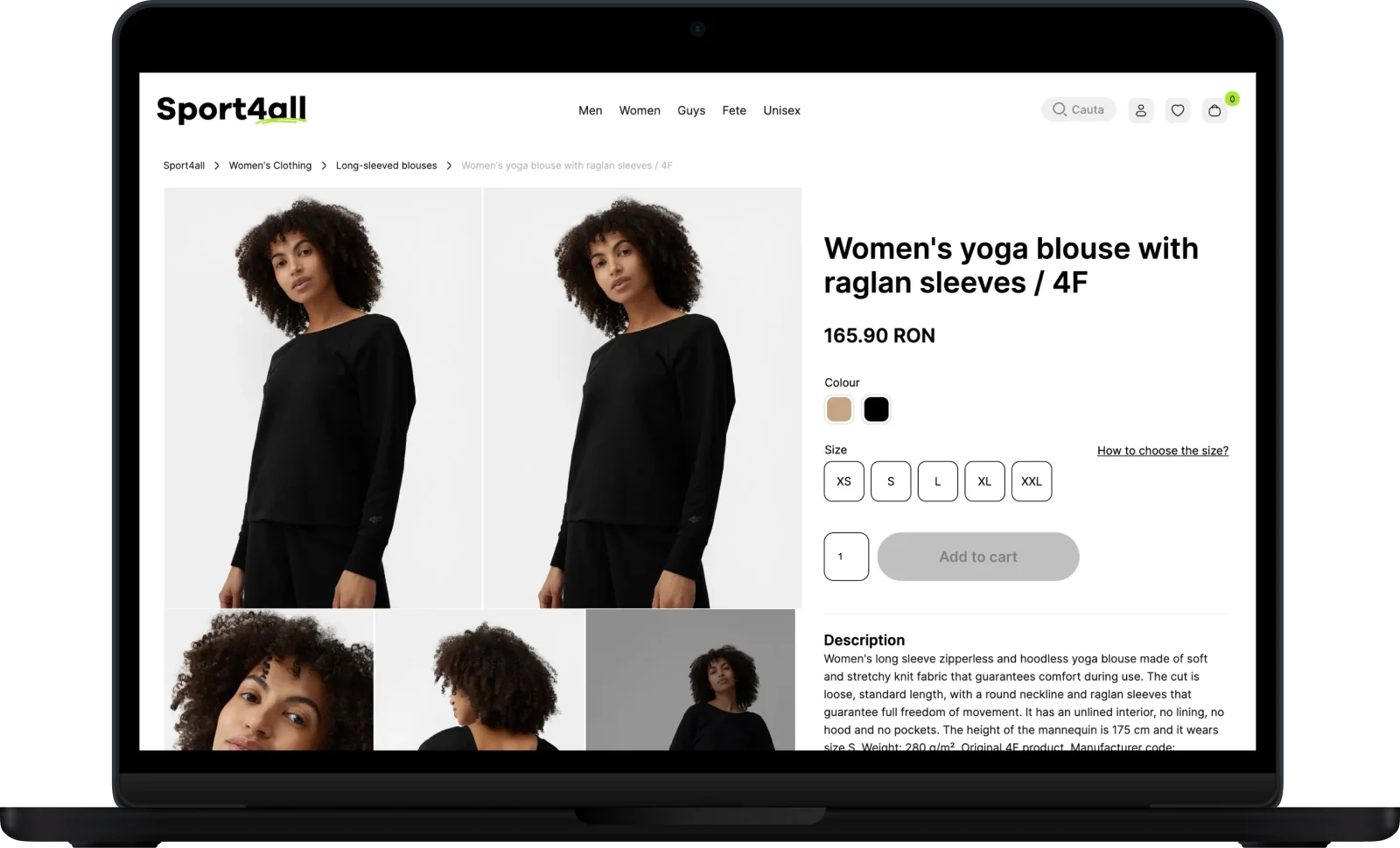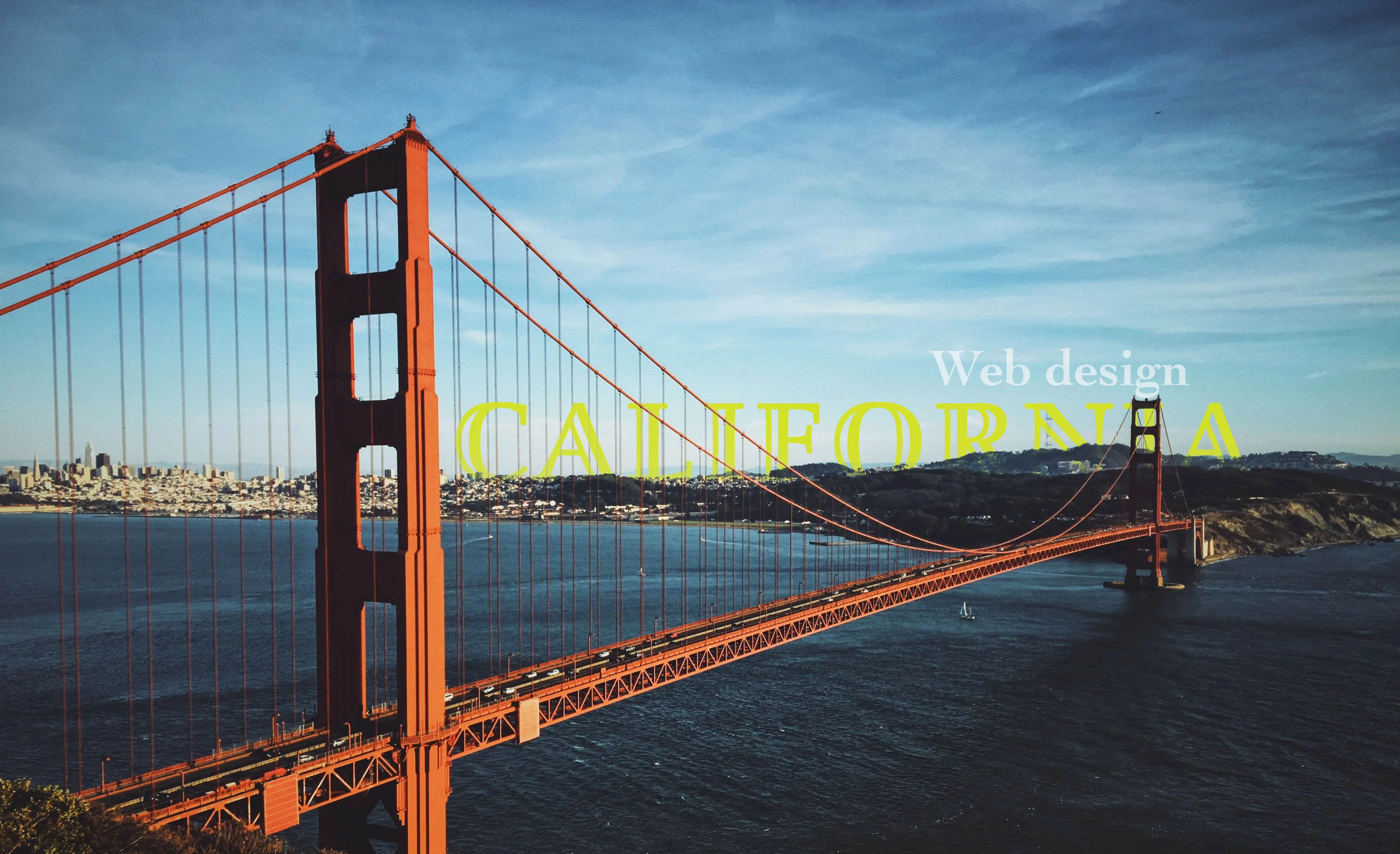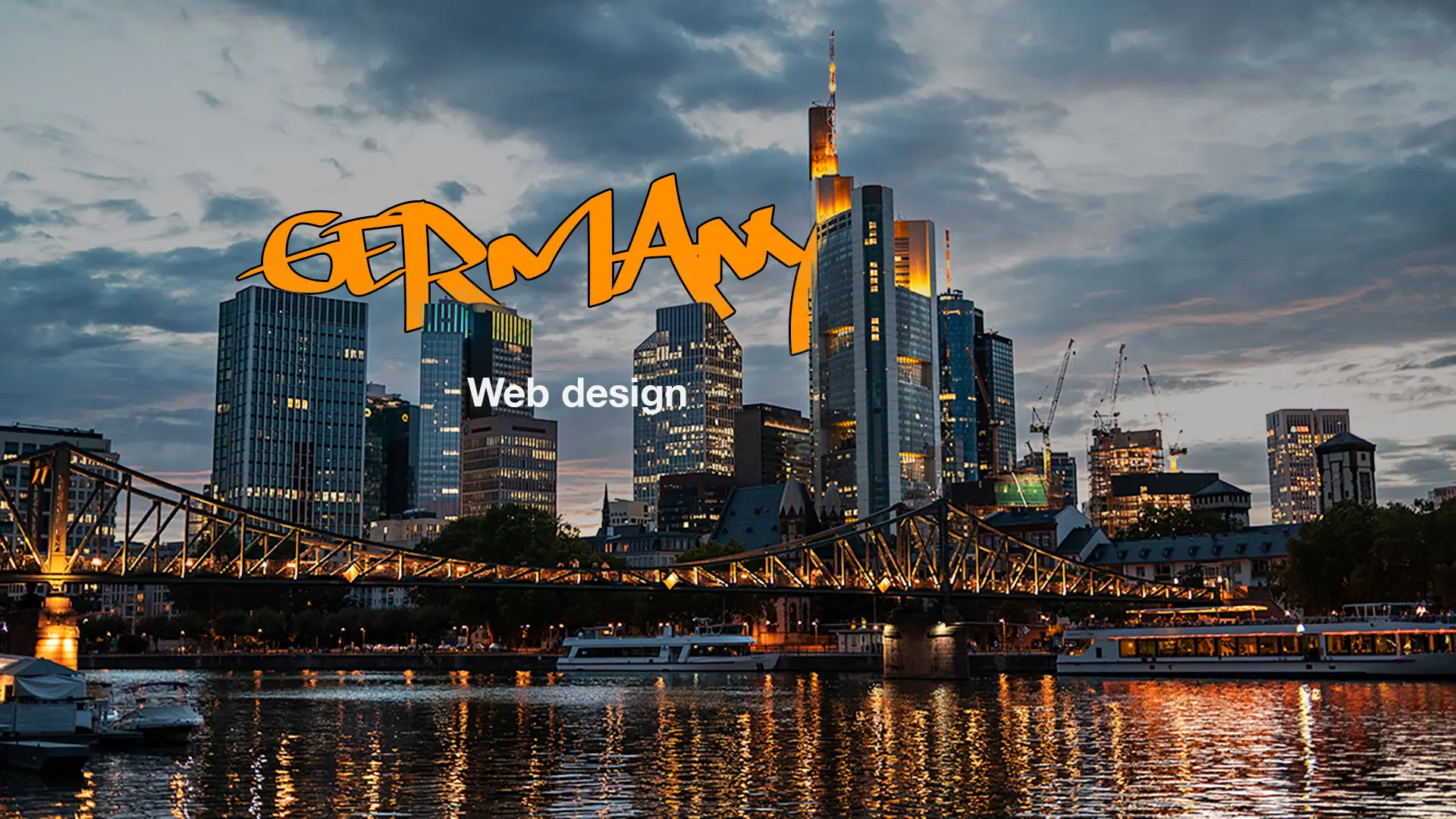What is Ecommerce Web Design?

Ecommerce web design refers to the process of creating and designing a website specifically for online businesses that sell products or services. It involves the careful consideration of various elements such as user experience, functionality, visual design, and security. The goal of ecommerce web design is to create a website that not only attracts visitors but also converts them into customers.
When designing an ecommerce website, it is essential to focus on user experience. This means creating a website that is easy to navigate, with clear and intuitive menus, search functionality, and a streamlined checkout process. The design should also be visually appealing, with high-quality product images and a clean, professional layout. Make sure you explore our ecommerce web design portfolio
Another important aspect of ecommerce web design is functionality. The website should have features such as product categorization, inventory management, customer reviews, and secure payment options. These features not only enhance the user experience but also make it easier for the business owner to manage their online store.
Interested in what are the best payment options for an online shop? We’ve got you covered
Explore the Best Ecommerce Payment Providers
In addition to user experience and functionality, ecommerce web design must also prioritize security. Online shoppers need to feel confident that their personal and financial information is safe when making a purchase. Implementing secure payment gateways, SSL certificates, and other security measures is crucial to building trust with customers.
How to build an ecommerce website
Building an ecommerce website may seem like a daunting task, but with the right approach, it can be a relatively straightforward process. Here are the steps to follow when building an ecommerce website:
-
Set clear goals and objectives: Before diving into the website development process, it is crucial to define your goals and objectives. Determine what you want to achieve with your ecommerce website, whether it’s increasing sales, expanding your customer base, or improving brand visibility.
-
Choose the right platform: Selecting the right platform for your ecommerce website is essential. There are numerous options available, such as Shopify, WooCommerce, Magento, and BigCommerce. Consider factors like ease of use, scalability, customization options, and pricing when making your decision.
-
Design your website: Once you have chosen a platform, it’s time to design your website. Start by selecting a visually appealing theme or template that aligns with your brand identity. Customize the design elements, such as colors, fonts, and images, to create a unique and cohesive look.
-
Add essential features: To make your ecommerce website functional, you need to add essential features. These may include a shopping cart, product pages, a secure payment gateway, customer reviews, and social sharing buttons. Each feature should be carefully integrated to ensure a seamless user experience.
-
Optimize for mobile devices: With the increasing use of smartphones and tablets, it is crucial to optimize your ecommerce website for mobile devices. Responsive design ensures that your website looks and functions well on any screen size, providing a positive user experience for mobile shoppers.
-
Create compelling content: High-quality content is vital for attracting and engaging customers. Write clear and persuasive product descriptions, create informative blog posts, and include visually appealing images and videos. Remember to optimize your content for search engines to improve visibility.
-
Implement SEO strategies: Search engine optimization (SEO) is crucial for driving organic traffic to your ecommerce website. Conduct keyword research, optimize your website’s meta tags and URLs, and create unique and valuable content. Building high-quality backlinks and improving website speed are also essential for SEO success.
-
Test and optimize: Regularly test your ecommerce website to identify any issues or areas for improvement. Conduct A/B testing to optimize elements such as product images, pricing, call-to-action buttons, and checkout process. Analyze website analytics data to gain insights into user behavior and make data-driven decisions.
-
Regular maintenance and updates: Building an ecommerce website is not a one-time task. It requires regular maintenance and updates to ensure optimal performance and security. Keep your website’s software, plugins, and themes up to date, regularly backup your data, and monitor for any security vulnerabilities.
By following these steps, you can build a successful ecommerce website that attracts visitors, converts them into customers, and helps you achieve your business goals.

Choosing the right platform for your e-commerce website
When it comes to building an ecommerce website, one of the most important decisions you will make is choosing the right platform. The platform you select will determine the functionality, scalability, and customization options available to you, so it’s crucial to choose wisely. Here are some factors to consider when selecting an ecommerce platform:
-
Ease of use: If you are new to ecommerce web design, it’s important to choose a platform that is user-friendly and intuitive. Look for platforms that offer drag-and-drop website builders, pre-designed templates, and easy-to-use admin interfaces. This will make it easier for you to build and manage your online store.
-
Scalability: Your ecommerce business may start small, but you want to choose a platform that can grow with you. Consider the scalability of the platform and its ability to handle increasing traffic, product catalog size, and customer base. Look for platforms that offer flexible pricing plans and the option to add features and integrations as your business expands.
-
Customization options: Every ecommerce business is unique, so it’s important to choose a platform that allows for customization. Look for platforms that offer a wide range of themes and templates that can be easily customized to match your brand identity. Also, consider the flexibility to add custom code or hire developers to create custom features if needed.
-
Integration capabilities: Your ecommerce website may need to integrate with other tools and services, such as payment gateways, inventory management systems, and email marketing platforms. Ensure that the platform you choose has built-in integrations or offers APIs that allow for seamless integration with third-party tools.
-
Security: Ecommerce websites handle sensitive customer information, including credit card details and personal data. Therefore, security should be a top priority. Look for platforms that offer SSL certificates, secure payment gateways, and regular security updates. Consider platforms that are PCI-DSS compliant to ensure the highest level of security.
-
Customer support: Building and managing an ecommerce website can be challenging, so it’s important to choose a platform that offers reliable customer support. Look for platforms that provide 24/7 support through various channels, such as live chat, email, and phone. Check for online documentation, forums, and tutorials that can help you troubleshoot issues on your own.
By considering these factors and carefully evaluating different ecommerce platforms, you can choose the right one for your business. Remember that it’s not just about the features and functionality but also the long-term sustainability and growth potential of the platform.

The best e-commerce website designs
When it comes to ecommerce website design, there are countless examples of stunning and effective websites that inspire and engage visitors. Here are some examples of the best e-commerce website designs:
-
Nike: Nike’s ecommerce website is a prime example of sleek and modern design. The use of high-quality product images, minimalistic layout, and bold typography creates a visually appealing and engaging experience for visitors.
-
Apple: Known for its clean and minimalist design, Apple’s ecommerce website showcases its products in a simple and elegant way. The use of white space, large product images, and clear product descriptions emphasizes the quality and craftsmanship of Apple’s products.
-
Etsy: Etsy’s ecommerce website design focuses on showcasing unique and handmade products. The use of vibrant colors, personalized recommendations, and user-generated content creates a sense of community and encourages visitors to explore and discover new products.
-
Sport4all: Sport4all ecommerce website combines simplicity with storytelling. The use of lifestyle imagery, interactive product customization, and presentation creates an immersive and personalized shopping experience.
-
Farfetch: Farfetch’s ecommerce website is known for its extensive product catalog and intuitive navigation. The use of large product images, detailed product descriptions, and user-generated content helps visitors make informed purchasing decisions. The platform is one of the most complex in the industry.

Conclusion: Launch a successful ecommerce website
To design an ecommerce website, start by defining your goals and target audience. Research your competitors and analyze their websites to identify best practices and areas for improvement. Choose a platform or content management system that suits your needs and offers the necessary features for ecommerce functionality. Consider factors such as security, payment options, and integration with shipping and inventory management systems. Collaborating with a professional web design agency specializing in ecommerce can greatly simplify this process and ensure a high-quality website that meets your business objectives.
By focusing on user experience, functionality, and security, your ecommerce website will become a successful online businesses.
Interested to hire a specialized Ecommerce agency? Reach out to us, we reply in a heartbeat.










